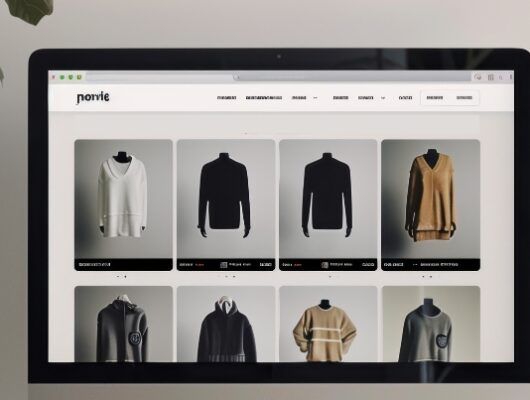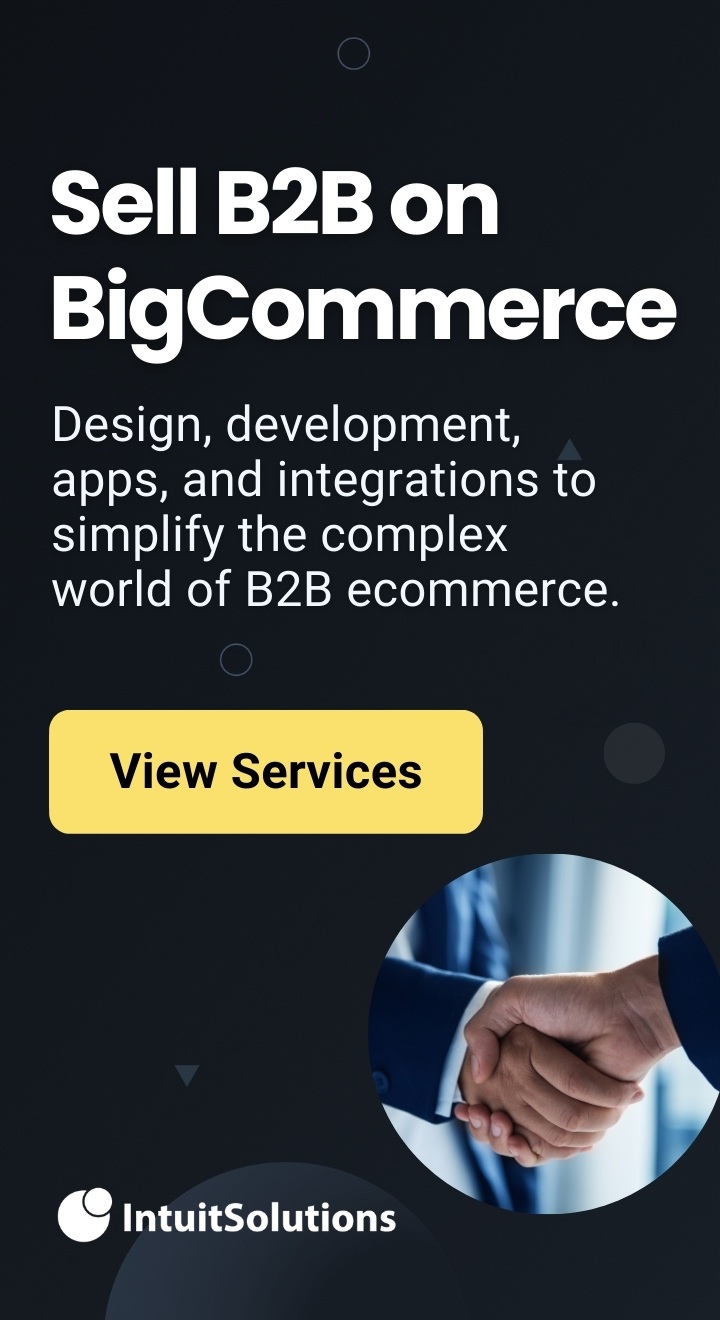Atlantic Can Company is a family-owned business that has grown to become one of the country’s largest decorative tin container distributors. Founded over 20 years ago as Atlantic Sales & Distribution, the company stocks a wide selection of wholesale decorative tins and containers in all shapes and sizes – from small tins for lip balm, candles, or cookies to large popcorn tins.
As a primarily B2B company, Atlantic Can faced a challenge that many B2B e-commerce stores face – advertising. With many more retailers seeking suppliers online, and expecting an easy and seamless way to stock up on products for their own store, B2B merchants like Atlantic Can are finding that they need to approach their business strategy much like a B2C merchant does.
With many customers searching for their products via Google, Atlantic Can was potentially losing business to competitors that were listing their products in the Google Shopping Marketplace.
The Challenge: Google Shopping Feed and Website Price Transparency
A challenge that many B2B merchants face is how they advertise their product pricing when they have complicated bulk pricing options on their website. For some of Atlantic Can’s products, their Google Shopping feed contained a different price than what was listed on the website’s product page. This happened because the company sells many of its products only in case-pack lots. For instance, the price on their website’s product page would reflect a quantity of 12, while the price displayed on the Google shopping feed reflected the price for only one item.
If not resolved, the pricing discrepancy could lead to potential issues for Atlantic Can, both short and long-term. These include:
- A negative shopping experience for customers
- A reduced number of products available for a Google Shopping campaign
- Temporary or permanent account suspension from Google
These issues are not uncommon with B2B stores. The two most common challenges a lot of merchants we work with include:
- Displaying pricing on the webpage. Many B2B stores won’t display pricing until customers are logged into their website. This often occurs with Minimum Advertised Price (MAP) rules, or general restrictions with who the merchant allows to shop on the site.
- Selling products in cases or packs at minimum. This can pose issues for Google Shopping as they require transparency for shoppers. Pricing in Google Shopping must match what’s on the website landing page. This can be a hurdle for many B2B stores as they often will display per unit price instead of the total price for these products.
“Consistent and accurate pricing is one of the most important factors shoppers take into consideration when making a purchase. If the product’s price at checkout is higher than the price shown in an ad, free product listing, or on a product landing page, shoppers are more likely to abandon the purchase.”
– Google Merchant Center Announcement
Google has a list of specifications that details what data store owners must upload (and in what format) to display results in the Shopping Feed. Common reasons for price mismatch between the shopping feed and the store owner’s website include:
- Sales that have started or ended but the price in the feed hasn’t been updated
- Multiple prices are displayed on the website’s landing page
- Outdated microdata or HTML
- Minimum order quantity and bulk products
- Title, description, or image mismatch
- Variant preselection and price ranges
- Dynamic population and page load times
Attaining this data quality when you have many product listings and ads can be arduous but certainly not impossible. IntuitSolutions stepped into the challenge for Atlantic Can to correct the mismatch so they could get back to generating traffic, closing sales, and delivering high-quality products to their customers around the world.
The Solution: Methodical Updates to Page Content and Schema Data
To help Atlantic Can resolve the pricing inconsistencies, IntuitSolutions teamed up with our trusted agency partner, Agital, a firm that specializes in SEO and e-commerce Advertising. Working together, our teams were able to accurately map product data to the Google schema that fixed the inconsistency between the shopping feed and product landing pages.
This was accomplished by creating a custom field in the schema that would update the pricing at the Product Level, Category Level, and website theme files.
The Solution for Atlantic Can included:
- Creation of custom fields – updated small piece to the schema data
- Product Level page updates
- Category Level page updates
- Full Site – theme updates
The Results: An Accurate, Google-Friendly Shopping Feed
With so many potential retailers relying on Google Shopping to find new and reliable suppliers, a modern e-commerce wholesaler must become an expert at winning these comparison shoppers. Doing so requires a commitment to maintaining clean, accurate data and making updates as needed.
After completing this project, customers browsing the web for beautiful, personalized tins can now enjoy a better experience – while Atlantic Can has peace of mind that their advertised prices in Google Shopping are accurate.
Are you encountering issues with your Google shopping feed? Our team of BigCommerce experts are here to help. Send us a message or give us a call at 866-901-4650 to discuss your project.










